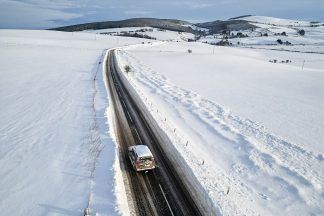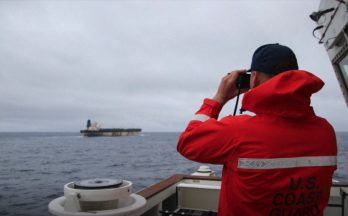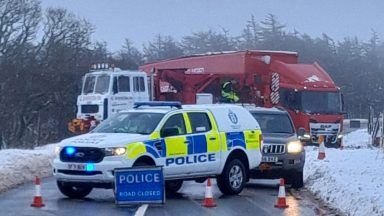A group of feral pigs have been put down after being illegally released in the Highlands.
The animals were first seen in the Uath Lochans area of the Cairngorms National Park on Monday
Efforts were made to locate and trap the pigs as soon as possible over fears they could spread disease among other livestock.
Forestry and Land Scotland (FLS) said they seemed to be domesticated due to their behaviour.
A spokesperson for FLS confirmed that the pigs were captured on Wednesday before a decision was made to have them “humanely culled”.
They added: “The feral pigs, classed as a Non-Native Species, were released with an apparent disregard for the illegality of such action and for the potential consequences that this might have on local habitats and wildlife, on other livestock or even on the welfare of the feral pigs themselves.
“All land managers are acutely aware of the issues caused by localised populations of feral pigs in other parts of Scotland, and current Scottish Government guidance encourages land managers to control feral pig numbers to manage their impacts on agriculture and the environment.
“In light of these considerations the animals were captured, moved to an FLS location and, with the further expert advice of veterinarians and of Police Scotland, have now been humanely culled.”
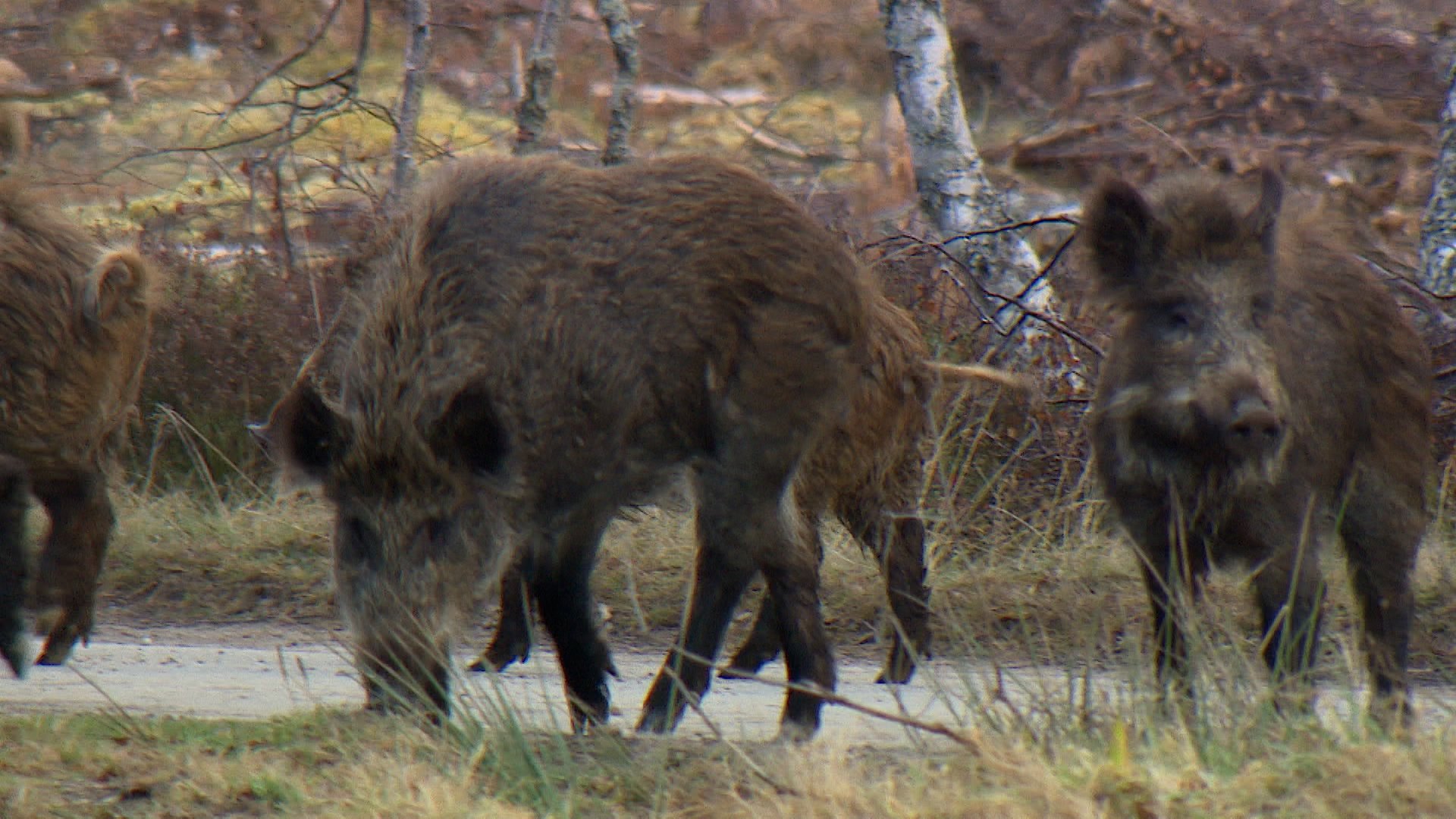 STV News
STV NewsOn Wednesday, a spokesperson for the Scottish Gamekeepers Association (SGA) described the release as a “selfish and thoughtless act” that jeopardised the welfare of the animals, as well as posing a risk both to livestock and to the public.
It came after four lynx were illegally released in the park last month, one of which died shortly after they were captured.
The SGA said the release of the pigs appeared to be a form of “guerrilla rewilding” by people “frustrated” at official reintroduction processes.
“Rewilding is becoming popularised as a concept, and there’s a lot of organisations pushing the rewilding mantra,” they said.
“It would appear that this is more a form of guerrilla rewilding.
“Perhaps people or devotees within that movement are becoming frustrated at the standard stakeholder processes which must happen around any reintroduction of species.”
The process, they explained, included “negotiation with the people on the ground that will be most impacted” by any reintroduction – such as farmers and local communities.
“It’s the people who have to deal with the consequences of that, they should ultimately have the final sign-off, because they have got to live with it every day,” he said.
“If that process is not followed, then the authorities have to act decisively to ensure that this type of guerrilla rewilding does not take hold in Scotland as the norm”.
Follow STV News on WhatsApp
Scan the QR code on your mobile device for all the latest news from around the country


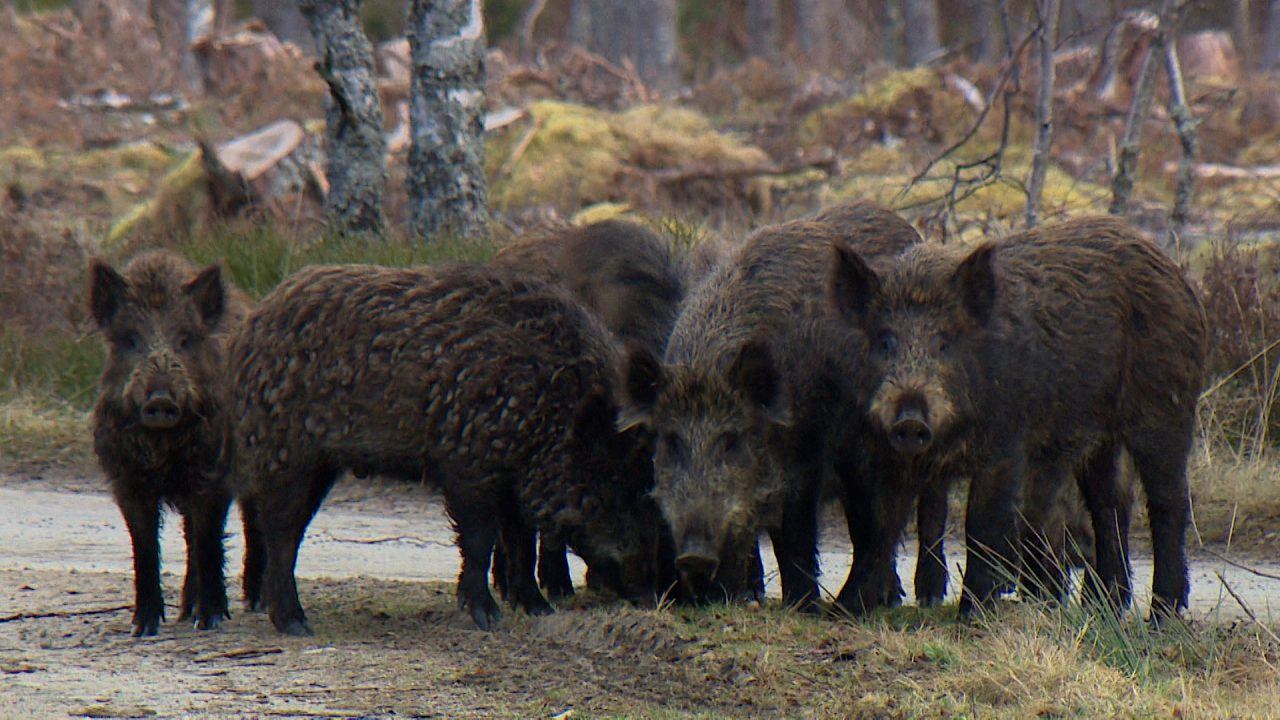 STV News
STV News

